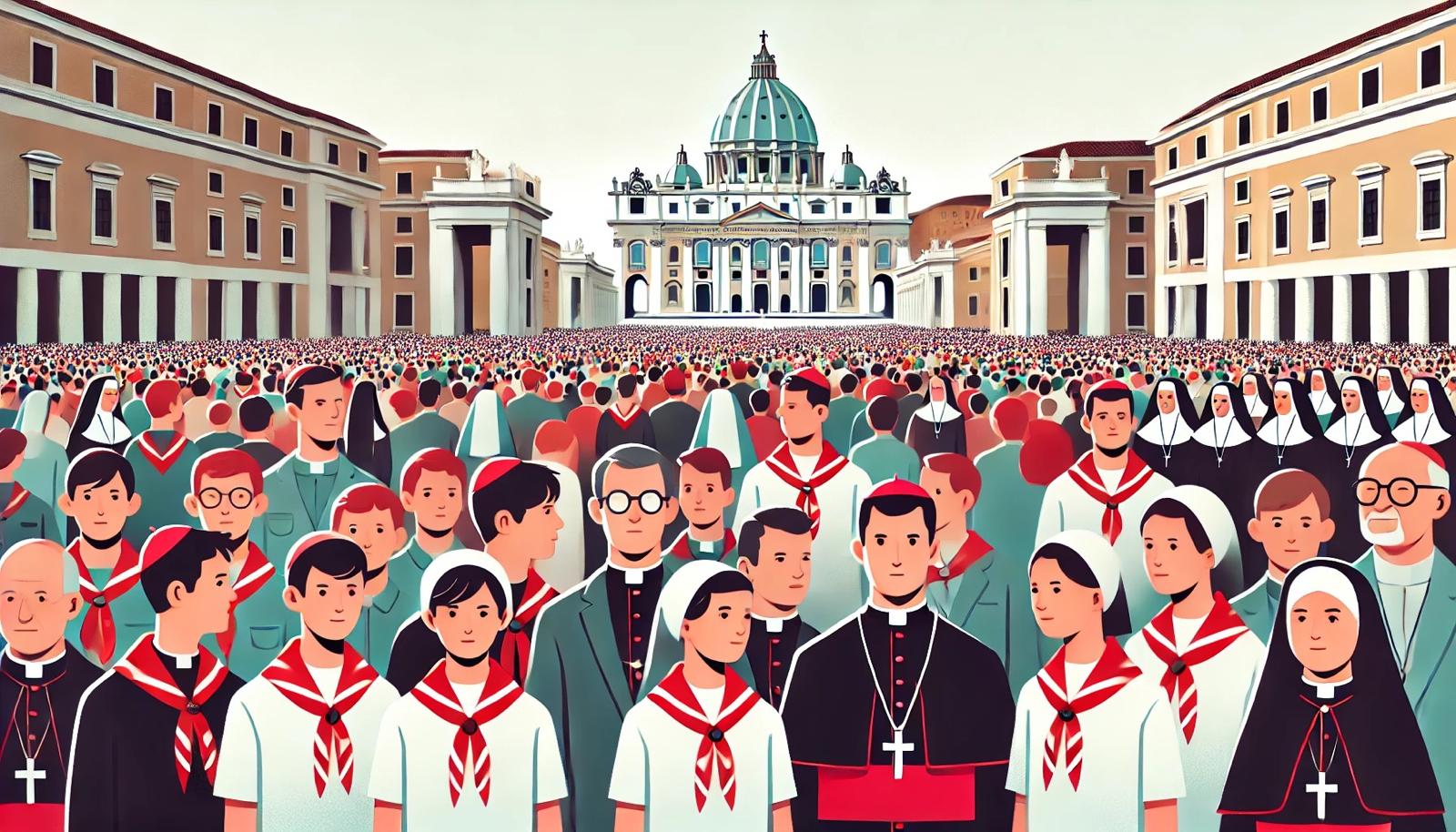
Hope in the Church Fathers
Saint Augustine of Ippona
In the monumental library of books written by the Bishop of Hippo St. Augustine one always willingly delves into, finding anything and everything. One of Christianity’s most prolific and profound authors, Augustine in the early 400dC was in the Basilica of St. Cyprian in Carthage, present-day Tunisia. Cyprian, one of the first Christian authors to write in Latin, had died 150 years earlier, a martyr and highly revered throughout Christian North Africa. Here Augustine delivers a discourse that has been collected with hundreds of others and speaks precisely about Christian hope.
He begins with a statement that may surprise us: “Hope always cries out to God, but our hope will not last forever.” The reference is to chapter 8 of St. Paul’s letter to the Romans, in which the Apostle reminds us that we hope for what we do not see but, once we come to see what was the object of our hope, it ceases, being faced with the reality of things as they are. Hope is thus essential in this life, and those who have no hope are to be pitied.
But are there really people without hope? The problem is not having it or not, the problem is the object of hope. To support his claim, Augustine brings the example of many “false” hopes that agitate human beings: children hoping to grow up and educate themselves, teenagers hoping to find a wife and husband and have children (he is speaking of his time, evidently).
Then parents’ hopes regarding their children: to raise them, to educate them, to see them as adults, to be able to hold their children, etc. He purposely does not want to talk about many other vulgar and earthly hopes, but even just these mentioned are not always fulfilled, and even when they are fulfilled, they are not fulfilling, because human beings always start hoping for something more. One hopes to be married and, once that happens, one complains about the spouse; one hopes to be a grandparent,” says St. Augustine, ”but once one becomes a grandparent, one hopes for great-grandchildren, one hopes they will grow up healthy and educated, etc.
How many people deceived, then, this kind of hope, which does not fulfill and for so many is not fulfilled! “And there is no one who dispenses with hope, no one who considers himself fulfilled: there are so many who are deceived and yet, as for earthly hope, they are not quieted”.
What then is the thing that totally and forever fulfills our heart? All the things we have around us and can hope for are all good and beautiful, but – St. Augustine reminds us, “you must seek Him who made all these things, for He alone is your hope. Now He is your hope, in the future He will be your good”. With great psychological depth, our author refers back to the root of all hope, “hope of those who believe, He will be the good of those who see”. This is to whom we must say, “You are my hope!”
Indeed, the Lord does not disappoint. To hope in him is never disappointing. And He who is now the object of our hope, the certainty of salvation, of light, of mercy, when we are face to face will be our inheritance, our good. Hope will cease, there will be no need for hope, because we will see Him face to face. After living in mysterious and mystical intimacy with Him on this earth, we will dwell and live with Him in eternity.
St. Maximus the Confessor (580-662)
One of the greatest Fathers of the Eastern Church, Maximus received the appellation “the Confessor” because of the courage with which he was able to testify (confess), even in the face of much suffering, his faith in Jesus Christ, Savior of the world. Born in Constantinople, he died in present-day Georgia, after having been in Carthage, Rome (at the Lateran Council) and fighting against numerous heresies.
St. Maximus does not offer a definition of hope, nor a complete treatise. He does, however, mention it in many of his works, often relating it to faith. Speaking of man’s likeness to God, he speaks of the “unshakable hope of our faith“, which will lead us to fully enjoy what we have now received by participation.
Commenting on Psalm 50 (49), a bold hymn of victory against enemies, St. Maximus states that “the unshakable hope of faith in future goods is like a helmet that supports and defends the head (i.e., faith) of believers. The infallible hope in future goods is our sure fortress because, seeing the future as present, hope defends us from present tribulations, helping us to remain unwavering in temptations”.
Astute readers will recognize some themes we have seen surface in St. Paul, the first who had defined hope as of a helmet, that is, part of the armor (Christ himself) that defends us from evil in this earthly journey of ours. The theme of armor also returns in another text, where he makes explicit that “helmet of salvation is hope, since like a leather helmet, hope protects the head (i.e., faith) of believers, not allowing faith to be wounded. By hoping for everything, we do not turn away from trusting in God”.
In another passage he comments on the biblical passage from Chronicles 32. We are still in a warlike context, and St. Maximus reminds us that “without faith, hope and charity none of the evils are totally destroyed and none of the goods are totally acquired. Hope makes divine help stable, promising the destruction of the opposing powers”.
Source
Image
- Image digitally created by spazio + spadoni
